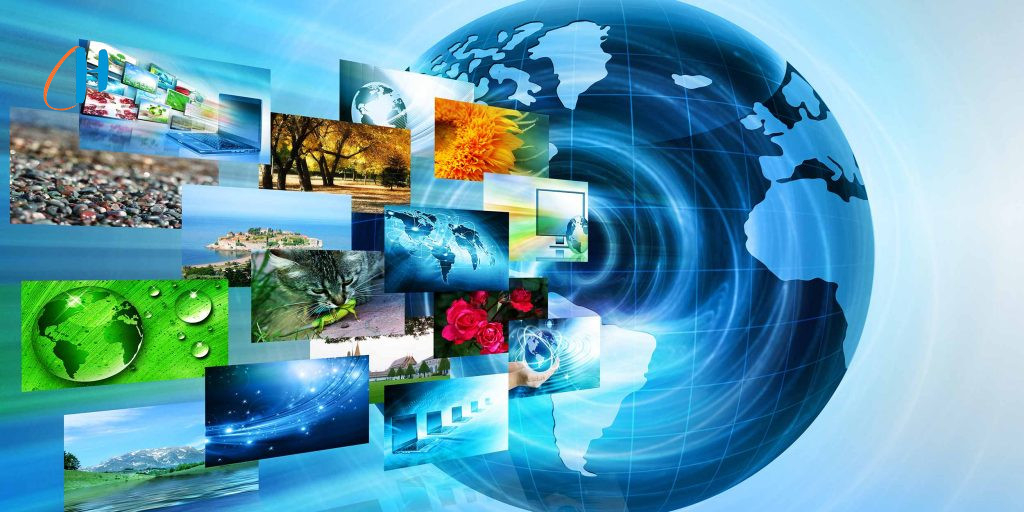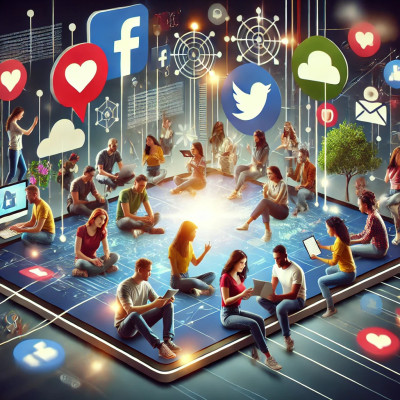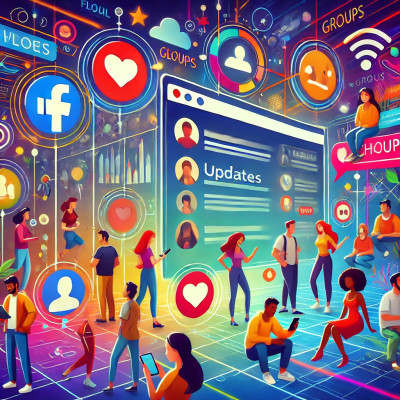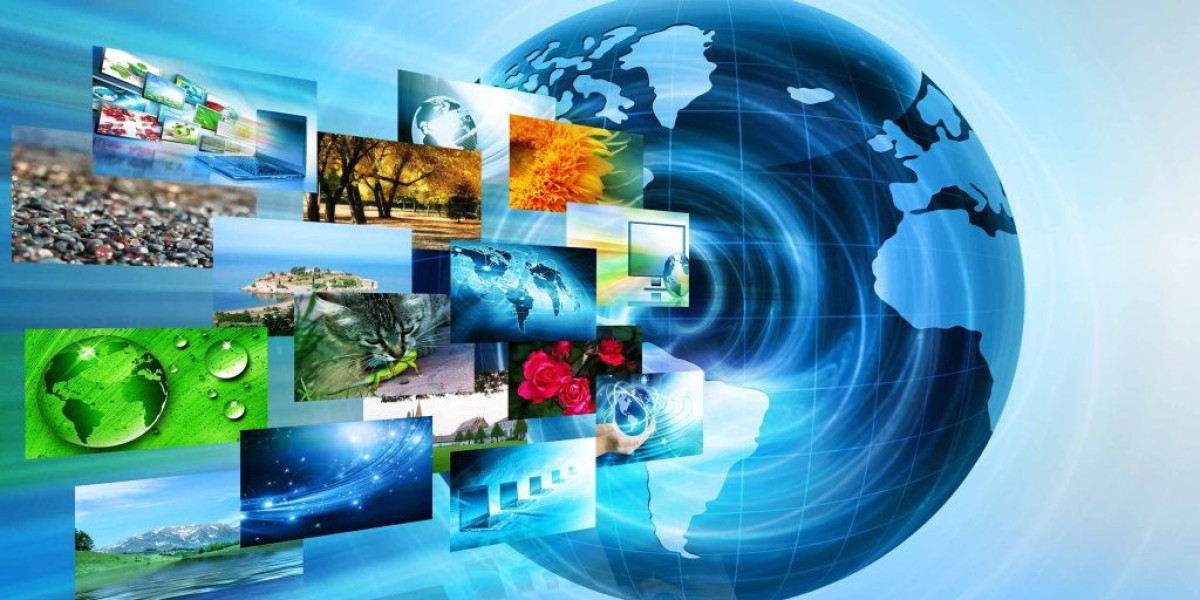Discover posts
Explore captivating content and diverse perspectives on our Discover page. Uncover fresh ideas and engage in meaningful conversations
My Happy Place ?✨ <br> <br>? Caption: <br>Escaping the noise, finding peace in nature ? <br>This is where my soul feels at home. ?♂️✨ <br>Where’s your happy place? ?? &l
#myhappyplace #travelvibes #wanderlust #naturelover #travelreel #escapetheordinary #minimaltravel #travelinspo #soulfultravels
@journeyxpress.com
🌐 www.journeyxpress.com
Exploring the Dynamic World of Entertainment and Media in the Digital Age
The entertainment and media industry has undergone a remarkable transformation over the past decade, evolving into a digital powerhouse that connects global audiences through immersive content. With the rapid rise of streaming platforms, digital publishing, social media, and interactive entertainment, the way consumers engage with media has fundamentally changed. What was once limited to television, radio, and print has now expanded into a rich, diverse digital ecosystem, offering on-demand access to content anytime, anywhere.
Source - https://www.marketresearchfutu....re.com/reports/enter
The digital shift has brought unprecedented growth opportunities for content creators, production companies, and distribution networks. Traditional media companies have redefined their strategies to align with new audience behaviors, focusing heavily on online platforms, mobile applications, and real-time content delivery. As a result, the boundaries between entertainment formats—such as music, films, games, and digital news—are increasingly blurred, enabling a more holistic and integrated media experience for users across the globe.
Streaming services like Netflix, Amazon Prime Video, and Disney+ have revolutionized content consumption, allowing users to watch series, films, and documentaries on-demand. These platforms invest billions in original content, reshaping storytelling with innovative formats and inclusive narratives. Meanwhile, user-generated content platforms such as YouTube, TikTok, and Instagram have empowered creators to build their own audiences without traditional media gatekeepers. Influencer culture and digital celebrity status are now pivotal aspects of the entertainment economy, reshaping marketing and advertising dynamics.
The media landscape has also experienced a dramatic shift in advertising models. Brands have embraced content marketing, influencer partnerships, and targeted digital advertising to engage consumers more effectively. Personalized content delivery, powered by algorithms and user data, enhances the viewer experience and boosts engagement. Traditional advertising formats such as television commercials and magazine ads are giving way to more interactive and immersive digital campaigns, many of which are integrated seamlessly into entertainment content.
Gaming, another vital segment of the media industry, has witnessed explosive growth, becoming a primary source of entertainment for millions. With advancements in technology such as augmented reality (AR), virtual reality (VR), and cloud gaming, the line between media consumption and active participation continues to blur. Online multiplayer platforms and esports events now attract massive global audiences, rivaling traditional sports in terms of popularity and revenue generation. The gaming industry’s integration with film and music further exemplifies the convergence occurring within the broader entertainment sector.

Exploring the Dynamic World of Entertainment and Media in the Digital Age | #entertainment and Media
Exploring the Dynamic World of Entertainment and Media in the Digital Age
Social media continues to redefine how people consume news and entertainment. Platforms like Facebook, Twitter, and Reddit not only provide breaking news and trending stories but also serve as powerful tools for content promotion and audience interaction. News outlets have adapted by investing in digital-first strategies, offering multimedia content such as podcasts, video explainers, and live streams. This transformation has reshaped journalism, making it more accessible, immediate, and engaging, but also raising new concerns about information accuracy and digital ethics.
Technology plays a pivotal role in shaping the future of entertainment and media. Artificial intelligence (AI) and machine learning are being used to personalize user experiences, curate content, and even generate new forms of media. AI-generated music, deepfake technology, and virtual influencers are pushing the boundaries of creativity and raising important ethical and legal questions. Blockchain and NFTs (non-fungible tokens) have also emerged as disruptive forces, offering creators new ways to monetize content and engage with fans in decentralized ecosystems.
Source - https://www.marketresearchfutu....re.com/reports/enter
As audiences become more global and diverse, inclusivity and representation have become central themes in content creation. Viewers now demand stories that reflect varied perspectives, cultures, and identities. This cultural shift has driven producers and media companies to prioritize diversity in casting, storytelling, and production teams. International content, such as Korean dramas and Latin American films, now enjoys global popularity, breaking down language and cultural barriers through subtitles, dubbing, and global streaming platforms.











